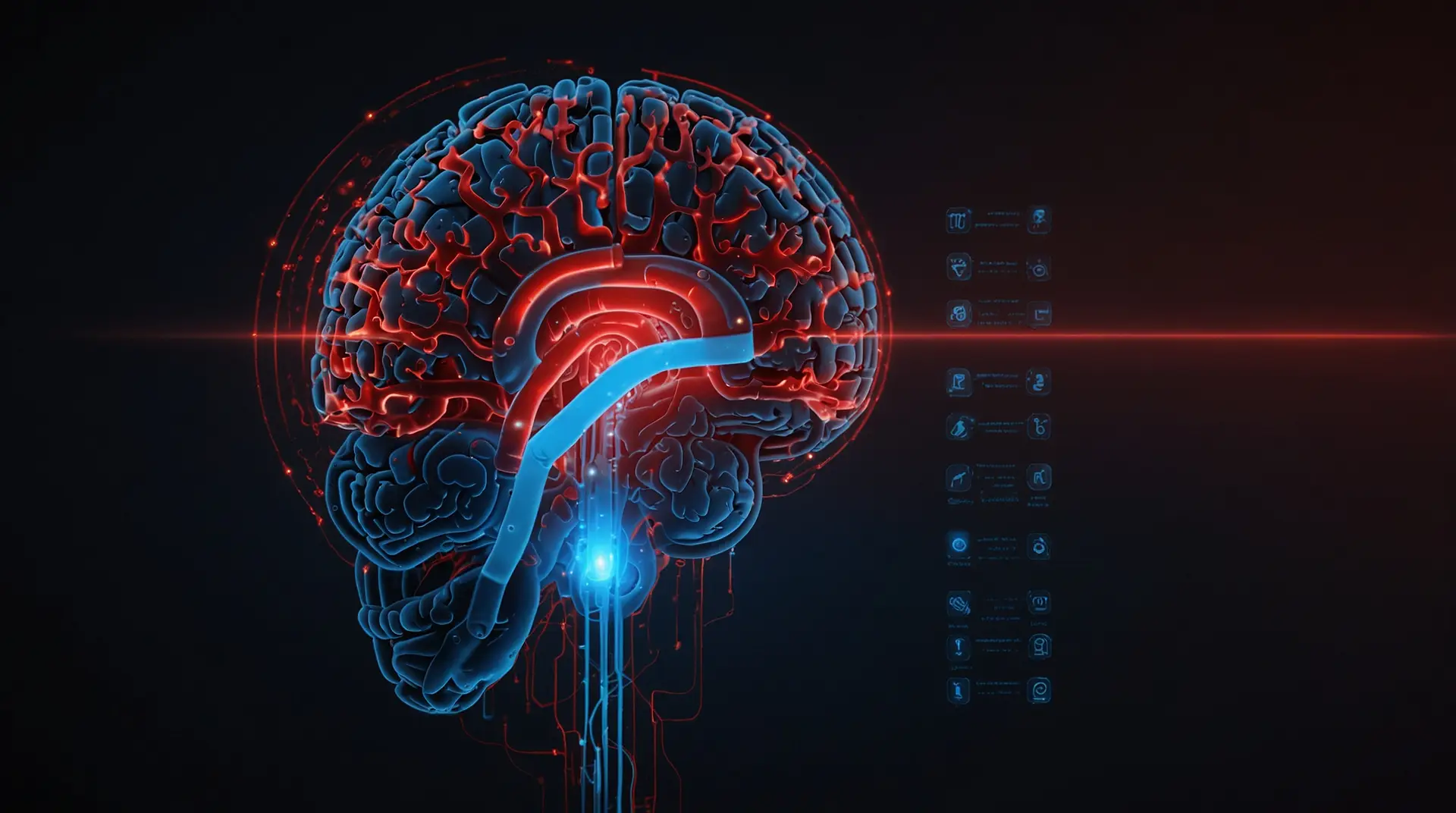Natural language processing (NLP) is a branch of artificial intelligence (AI) that focuses on the interaction between computers and human language. It involves the ability of machines to understand, interpret, and generate human language in a way that is both meaningful and contextually appropriate. NLP plays a crucial role in various applications, ranging from voice assistants and chatbots to sentiment analysis and language translation.
One of the key challenges in natural language processing is the complexity and ambiguity of human language. NLP algorithms are designed to handle different aspects of language, including syntax, semantics, and pragmatics. They employ techniques such as machine learning, statistical models, and linguistic rules to process and analyze text or speech data.
NLP has made significant advancements in recent years, driven by the availability of large datasets and improvements in machine learning algorithms. Some of the notable applications of NLP include:
Sentiment Analysis: NLP enables the analysis of emotions, opinions, and attitudes expressed in text or speech. This helps businesses understand customer sentiment and make data-driven decisions.
Language Translation: NLP has revolutionized language translation by enabling accurate and automated translation between different languages. Machine translation systems, such as Google Translate, utilize NLP techniques to bridge language barriers.
Voice Assistants: Virtual assistants like Siri, Alexa, and Google Assistant rely on NLP to understand spoken commands, answer questions, and perform tasks based on user interactions.

Chatbots: NLP powers conversational agents or chatbots, allowing them to understand user queries and provide relevant responses. Chatbots are employed in customer support, information retrieval, and interactive applications.
Information Extraction: NLP techniques can extract structured information from unstructured text, such as identifying entities, relationships, and events in news articles or documents.
Text Summarization: NLP algorithms can condense large bodies of text into concise summaries, facilitating quick understanding and information retrieval.
Question Answering Systems: NLP helps build question-answering systems that can comprehend questions and provide accurate answers by analyzing textual sources.
In the future, we can expect NLP to have a more profound impact on various industries and domains. Here are some potential developments:
Contextual Understanding: NLP systems will become more adept at understanding the nuances of language, including context and situational awareness. This will enable more accurate interpretation of user queries and more contextually relevant responses.
Advanced Language Generation: NLP algorithms will continue to improve in generating human-like language. Natural language generation models will become more sophisticated, enabling the creation of coherent and contextually appropriate written content.
Multilingual Capabilities: NLP will continue to advance in multilingual understanding and translation. Language barriers will be further broken down, facilitating global communication and collaboration across different languages.
Enhanced User Experience: As NLP technologies improve, user interactions with voice assistants, chatbots, and other applications will become more seamless and intuitive. The systems will better understand user intent, respond naturally, and provide personalized experiences.
NLP in Healthcare: NLP will play a vital role in healthcare applications, such as clinical documentation, medical transcription, and patient data analysis. NLP algorithms will assist in extracting relevant information from medical records, aiding in diagnosis, and supporting medical research.
6. Privacy and Ethical Considerations: With the increasing reliance on NLP and the vast amount of data involved, ensuring privacy and ethical use of language data will be paramount. Striking a balance between leveraging data for NLP advancements while respecting privacy rights will be crucial.
7. Augmented Communication: NLP technologies have the potential to assist individuals with speech or language impairments, providing them with alternative means of communication and improving accessibility.
As NLP continues to evolve, it is essential to address challenges such as bias in language models, data quality, and maintaining transparency and trust. Ethical considerations and responsible development practices will be key to maximizing the benefits of NLP while minimizing potential risks.
In conclusion, natural language processing is a rapidly advancing field with vast implications for various industries. The future of NLP holds the promise of more accurate language understanding, improved human-machine interactions, and enhanced applications across sectors. As we continue to unlock the potential of NLP, it will undoubtedly reshape the way we communicate, collaborate, and interact with technology.

